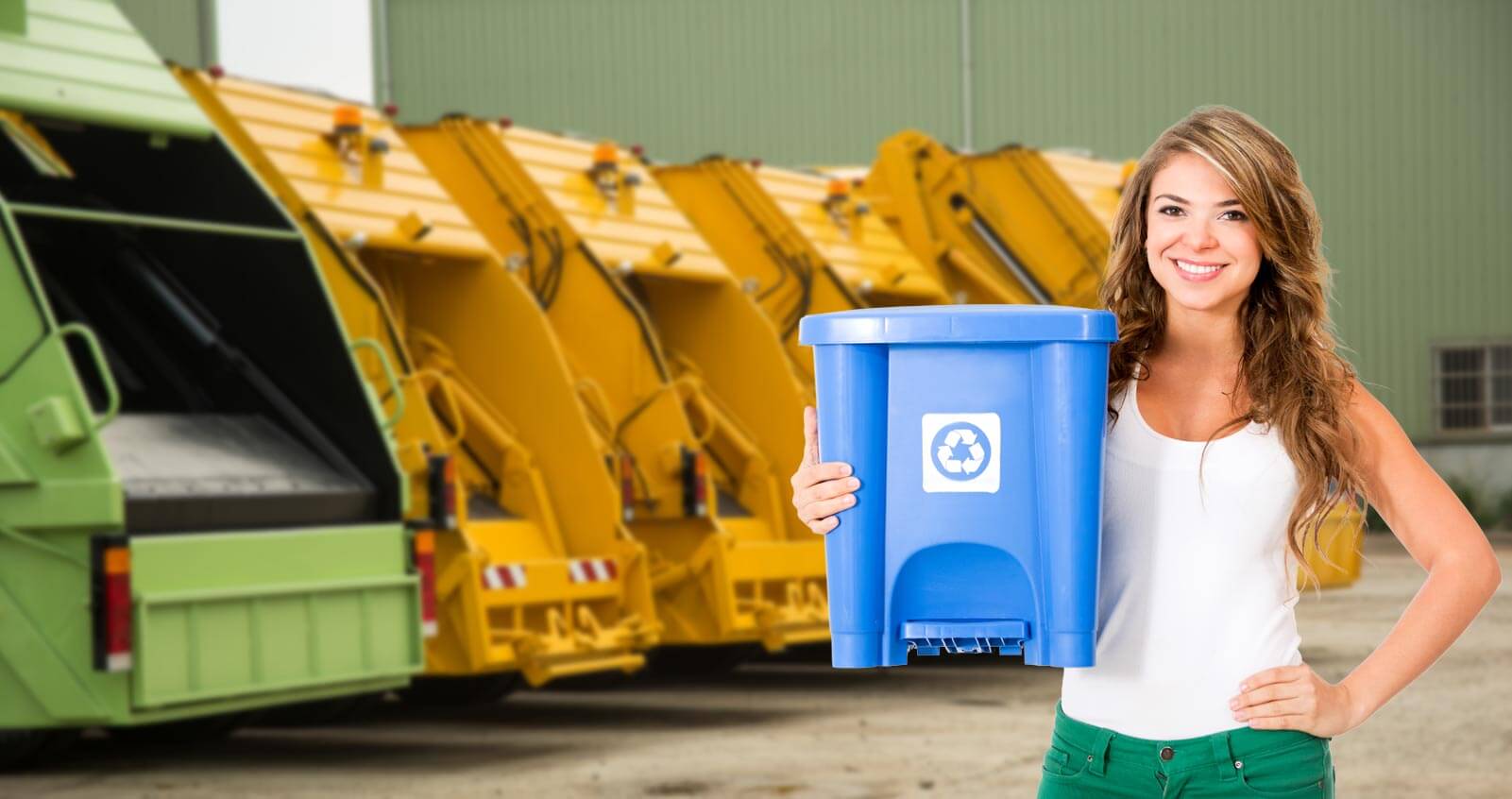Contributing to a Circular Economy in London with Mattress Recycling
Posted on 27/05/2025

With a growing global population and increasing consumption, the concept of a linear economy - where resources are used and disposed of without considering their long-term sustainability - is becoming increasingly unsustainable. As a result, many countries and cities, like London, are shifting towards a circular economy model, which aims to reduce waste and promote resource efficiency by keeping materials in use for as long as possible. One important aspect of this shift is mattress recycling, which has the potential to greatly contribute to a circular economy in London.
Mattress recycling involves breaking down old or discarded mattresses into individual components such as foam, fabric, and metal springs, which can then be reused or repurposed. This process not only prevents these materials from ending up in landfills but also reduces the need for extracting new raw materials, thus reducing the carbon footprint of mattress production.
In London, an estimated 500,000 mattresses are discarded each year. With landfill space becoming scarce and expensive in the city, finding sustainable solutions for managing these mattresses is crucial. Fortunately, there has been a significant increase in mattress recycling initiatives in recent years.
One such initiative is the "Circular Mattresses" project by Stefano Aldighieri, which aims to create a sustainable closed-loop system for mattress production and disposal. The project collects old mattresses from hotels and commercial buildings, breaks them down into their component parts, and uses those materials to create new mattresses. This not only reduces waste but also creates local jobs in the process.
Another example is the social enterprise "The Furniture Recycling Group" (TFRG), which offers a comprehensive mattress recycling service at an affordable cost to both businesses and individuals. TFRG takes apart old mattresses and reuses their components to make new products such as pet beds and carpet underlay. In addition to diverting waste from landfills, TFRG also provides job opportunities for vulnerable adults through their partnership with charities.
Apart from these initiatives, many local councils in London also offer mattress collection and recycling services, making it easier for residents to dispose of their old mattresses responsibly. The collected mattresses are then sent to a specialized facility where they are dismantled and processed for reuse or recycling.
However, despite the positive impact of mattress recycling on a circular economy in London, there are some challenges to be addressed. One major issue is the lack of awareness among consumers about the importance and process of mattress recycling. Many people still simply discard their old mattresses without considering the environmental impact.
Another challenge is the cost associated with the recycling process. It can be expensive for companies to collect, dismantle, and recycle mattresses, which can result in higher prices for consumers. This can be a deterrent for some businesses and individuals who may opt for cheaper disposal methods such as landfilling.
To overcome these challenges and encourage more widespread mattress recycling, here are some tips:
1. Educate yourself about mattress recycling: Research and learn about the benefits of mattress recycling and how it contributes to a circular economy. This knowledge will help you make more informed decisions when disposing of your old mattress.
2. Look for local recycling options: Check with your local council or waste management companies for mattress collection and recycling services in your area. Support initiatives like Stefano Aldighieri's "Circular Mattresses" project or TFRG that have a positive social and environmental impact.
3. Opt for eco-friendly mattresses: When purchasing a new mattress, consider the materials used and whether they can be recycled at the end of its lifespan. Choose sustainable options that use recycled or organic materials.
4. Extend the life of your mattress: Regularly rotate and flip your mattress to evenly distribute weight and prevent sagging, which can prolong its lifespan.
In conclusion, mattress recycling has great potential to contribute to a circular economy in London by reducing waste, conserving resources, and creating jobs. However, it is crucial that we all take responsibility and make a conscious effort to participate in this sustainable practice. By educating ourselves, supporting local initiatives, and making eco-friendly choices, we can all play a part in creating a more circular and environmentally friendly future for London and beyond. Let us all do our part in promoting a sustainable circular economy for the betterment of our planet.





